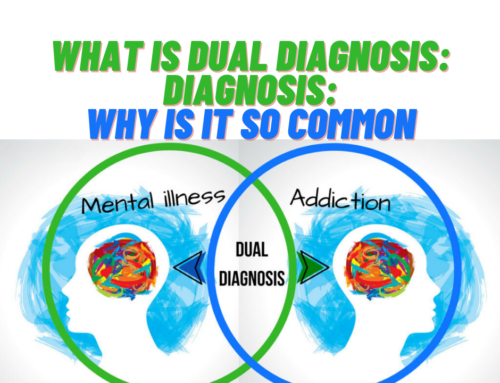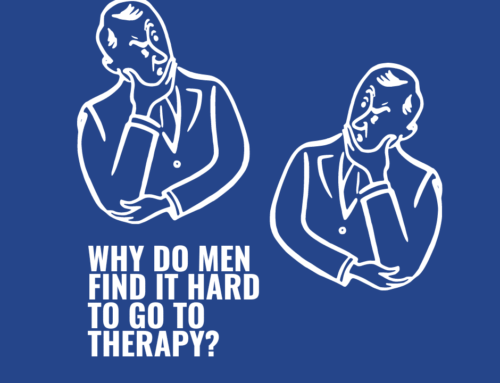The majority of people lean toward extraversion. Although no one is purely introverted or extroverted, studies estimate that extroverts make up somewhere between 50 and 74 percent of the population. Extroverts are people who get energy from being around other people, while introverts are people who get energy from being alone. While everyone needs some degree of social interaction, extroverts crave it more. Since humans are a social species, extroverts tend to have certain advantages. They are usually more outgoing and friendly, so they often make connections and discover opportunities that more reserved people miss out on. However, there are some drawbacks to being an extrovert. If you’re an extrovert recovering from addiction, here are some challenges to watch out for.
Need for excitement
While the more social vs. less social distinction mentioned above is the most common way of differentiating extroverts and introverts, the more fundamental distinction may be less excitable vs. more excitable. Extroverts, in general, are less excitable. They need more stimulation to not feel bored. That usually means going out and doing stuff or talking to people. However, since excitability is largely a function of dopamine and dopamine tends to be very low early in recovery, extroverts may find boredom to be more of a problem early on. This can best be dealt with by finding productive ways to use your time. That might mean engaging with your 12-step group or other supportive peers. It might mean getting involved in new activities, especially activities with a strong social element. The key is to channel your energy in a positive direction.
Peer pressure
Social connection can be a huge asset in addiction recovery but it can also be a liability if you spend any time with people who still drink or use drugs. Extroverts tend to be much more receptive to social cues and so it can be very hard for them to resist drinking if everyone around them is drinking. This is true for anyone with a substance use disorder, but the social element may add extra leverage for extroverts. The solution is to be careful who you spend your time with. Make sure your friends either support your recovery or share your commitment to recovery. As hard as it may be to distance yourself from old friends, your recovery has to take priority.
Difficulty with introspection
Extroverts typically prefer to pay attention to what’s going on around them rather than bother with dissecting their own thoughts and emotions. While this definitely has its advantages, much of addiction recovery is about becoming more self-aware and learning to understand your own feelings and motivations. This might seem difficult or perhaps even pointless to extroverts. A good solution is to focus on seeking feedback in group therapy. Others often see us more clearly than we see ourselves anyway, so group therapy is an opportunity to turn a potential weakness into a strength.
At Alta Lama Transformational Services, you will meet knowledgeable, compassionate professionals that understand addiction in all its forms. Alta Lama uses an integrative and holistic approach to treat addiction and mental health issues. No treatment is one-size-fits-all, where you will have a team of experts prepared to create your customized treatment plan. We offer care for your mind, body, and spirit, so that you can heal from the inside out and look forward to a lifetime of sobriety and wellness. If you are ready to take the first step in your recovery, please call us at 866-457-3843.



